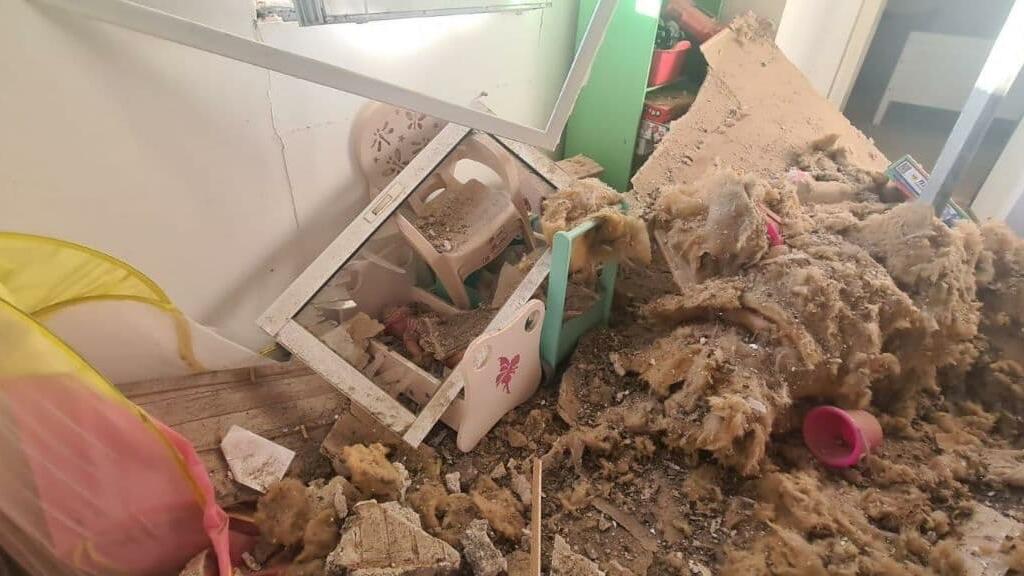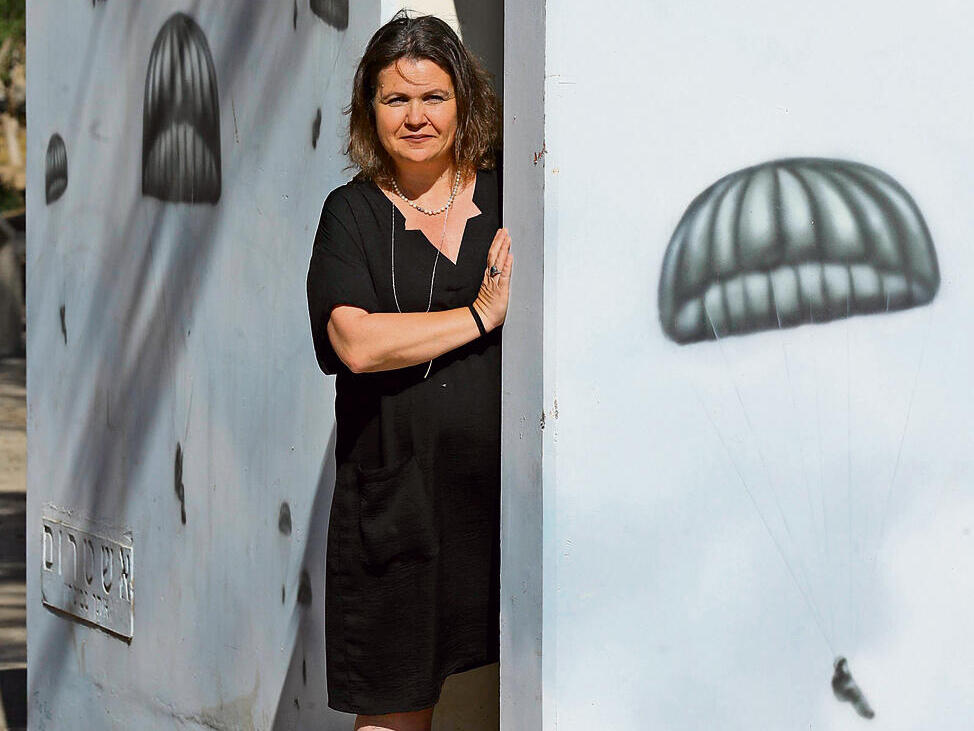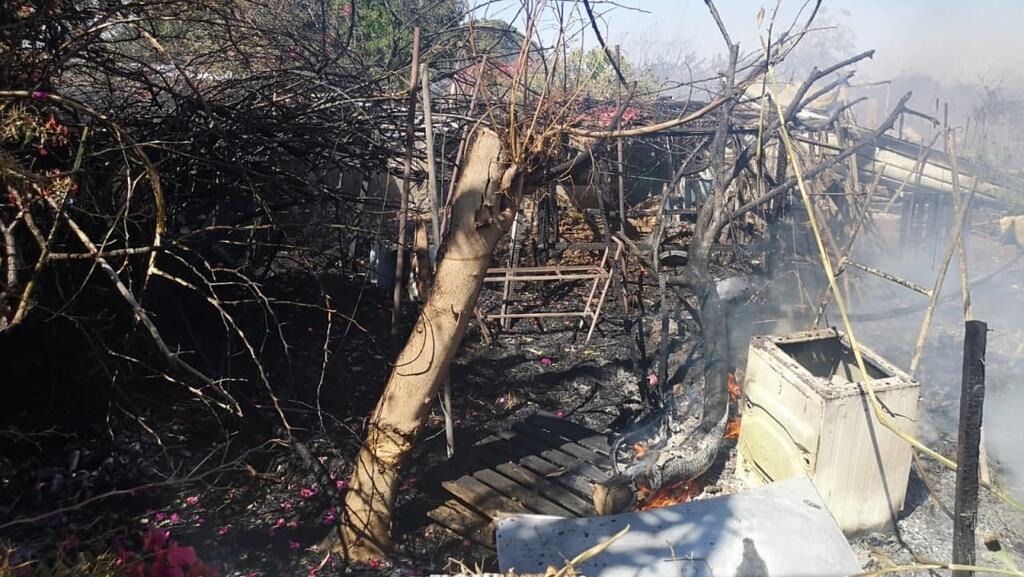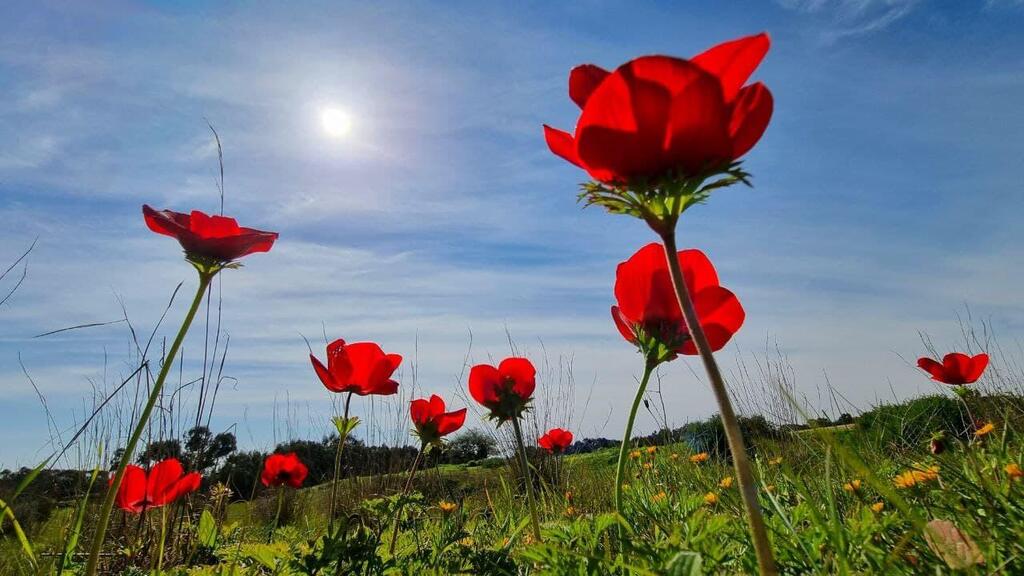For the past 11 years, Merav Vidal has managed the resilience center of one of the biggest Israeli communities located near the volatile border with the Gaza Strip.
Vidal has treated thousands of the Eshkol Regional Council residents, many of whom are suffering from anxiety and post-trauma due to years of rocket alert sirens and missile attacks from the Palestinian enclave.
The youth in this region was born into a reality of constant security tensions, and grew up alongside rockets, sirens, and constant cross-border fighting. The psychological effects of this type of childhood will likely accompany them for the rest of their lives.
Vidal and her team have lived through many security escalations, and attended to the residents during Israel's wars in terror groups in Gaza in: 2008, 2012, 2014 and 2021 - not to mention all the small-scale rounds of fighting in between.
It's often assumed that after every military operation life in the area bordering the Gaza Strip returns to normal, but the opposite is true. Once the security stability is restored, the residents' mental traumas rise to the surface, and the resilience center gets flooded with new patients in need of support.
The resilience center is a safe haven, where the civilians can receive free mental guidance from professionals. As Vidal is ending her tenure as the manager of the center, she is ready to share with us her experiences.
4 View gallery


A rocket hits a home in the Eshkol Regional Council
(Photo: Eshkol Regional Council )
"In the Gaza border region, everyone has some mental wound," says Vidal. "They need to learn to live with it and grow on a personal level every day. Not everyone can live in the region, and families that are absorbed in these towns need to be aware of the security state and its psychological consequences.
"Being parents and raising children in the communities next to Gaza is not always easy, but on the other hand there's a lot of value in the communal resilience."
Everyone in the Eshkol Regional Council is influenced by the security situation in some way. "We start to see the effects on the youth only after several years have passed, and that's the real danger," says Vidal.
"It's important to look out for the changes constantly, and try to catch them on time. In the future, they will run into trauma in the military, and the struggles will accompany them throughout their whole life. I don't think that the right definition is trauma, rather effects of a continuous generational state of emergency. On the other hand, those who grew up here are more ethical and have higher motivation to have a meaningful service in the IDF."
Vidal thinks living in the region isn't for everyone, and there are a lot of factors to take into account if choosing to do so.
"I don't think that it's fitting for everyone. I also tell the absorption coordinators to disclose everything to the new families," she says. "Talk about the good things that happen, but also tell the whole story. The reality is accompanied by explosions, escalations, and constant conversations about the security situation, especially among the children. Whoever wants to come here needs to know what that means, but also know that there are ways to cope. I wouldn't recommend an anxious parent come live here.
"Our goal, especially with parents, is to provide the right tools … our goal is not to be psychologists to the parents, but for the parents to know how to take care of their kids by themselves in the best way possible."
Vidal explains that having the right mindset is a defense mechanism, which is almost as important as the Iron Dome. "At the end of the day, the individual and the community can only help themselves."
When she moved to Eshkol, Vidal and her four daughters didn't consider the security factor at all. She had never treated anxious or trauma-struck patients, and sought out to work with teenagers and elderly people in her profession as a social worker. Very shortly after arriving, she found herself working in a new field, integrating into the regional public welfare team.
"I came to the region after working in Jerusalem during the time of terror attacks," she says. "When I got to Eshkol, I thought I was coming to a pastoral and quiet place, in comparison to Jerusalem… Two days after my third daughter was born, I heard rocket alert sirens for the first time, and then I understood that something is happening."
Vidal says the residents of the region live in a constant state of emergency, and thus need to put an emphasis on the transition from emergency to routine, rather than the contrary.
"Usually, the transition from routine to emergency goes from zero to 100, but what's more important is returning to the routine, from 100 to zero. We see it as a marathon. Resilience is something that's built over time."




